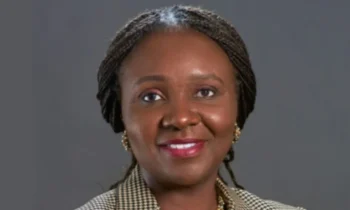Olusola Bello
As the National Assembly is getting ready to pass the Petroleum Industry Bill( PIB), Nigerians have been advised not sacrifice a good bill on the platform of a perfect bill , which does not exist.
Professor Wumi Iledare, one of the penalists at the just concluded Nigeria International Petroleum Summit NIPS , held in Abuja gave this advice to encourage the legislatures to pass it, and after that, they can begin to fine tune any other aspect the bill they observed does not measure to standards.
He said he would rather have a good bill than not have a bill at all. “This bill is not perfect but it is good enough for Nigeria to start after 20 years of attempting to pass it.”
According to him, there are three important chapters in the bill, and these are chapters on governance , which is to help us solve the problems of the amorphous governance process that we have in oil and gas industry. “Now bill is going to separate policy from regulations and commercial”
He said the only bone of contention in the bill is still the reason why the Petroleum Industry Governance Bill ( PIGB) was not signed. He stated further that there are some people that wanted two regulatory institutions and there are some other that are thinking that one regulatory institution is enough for Nigeria. Especially, when things are evolving and innovation is important:
The only caveat he said, is the ministry of Energy, which he said has the technical capability and should be allowed for continuity. He however stated that the ministry of petroleum must be reorganized in such away as to separate technical from administration.
When it comes to the administration of leasing, “the idea is to move away from what I call discretionary award, I have not seen the final bill. This must be avoided, so as not to give room for discretionary award of oil blocks because it does not give you the market value for scarce resources like petroleum.”
“Now you go to fiscal framework, which is the other chapter, I am particularly not happy that we are negotiating agreements for another 20 years when you about to reform the industry. I think it is important to make sure that the fiscal regime must be attractive, flexible and sustainable and can self adjust itself.”
On the issue of host community, he said this aspect requires additional conversation, especially as it has to do with funding host community project. He explained that he has not seen the final bill to see whether host community projects are tied to operating expenditure. He said it is not likely that the OPEX would meet the type of projects that are needed, neither does he support equity for the communities. But rather, would really prefer a portion of the royalty to be surrender to where the oil comes from. This would solve the apprehension as if they are not the owner.





